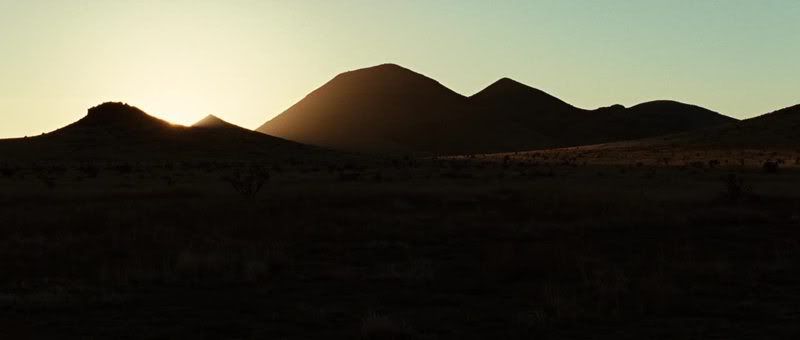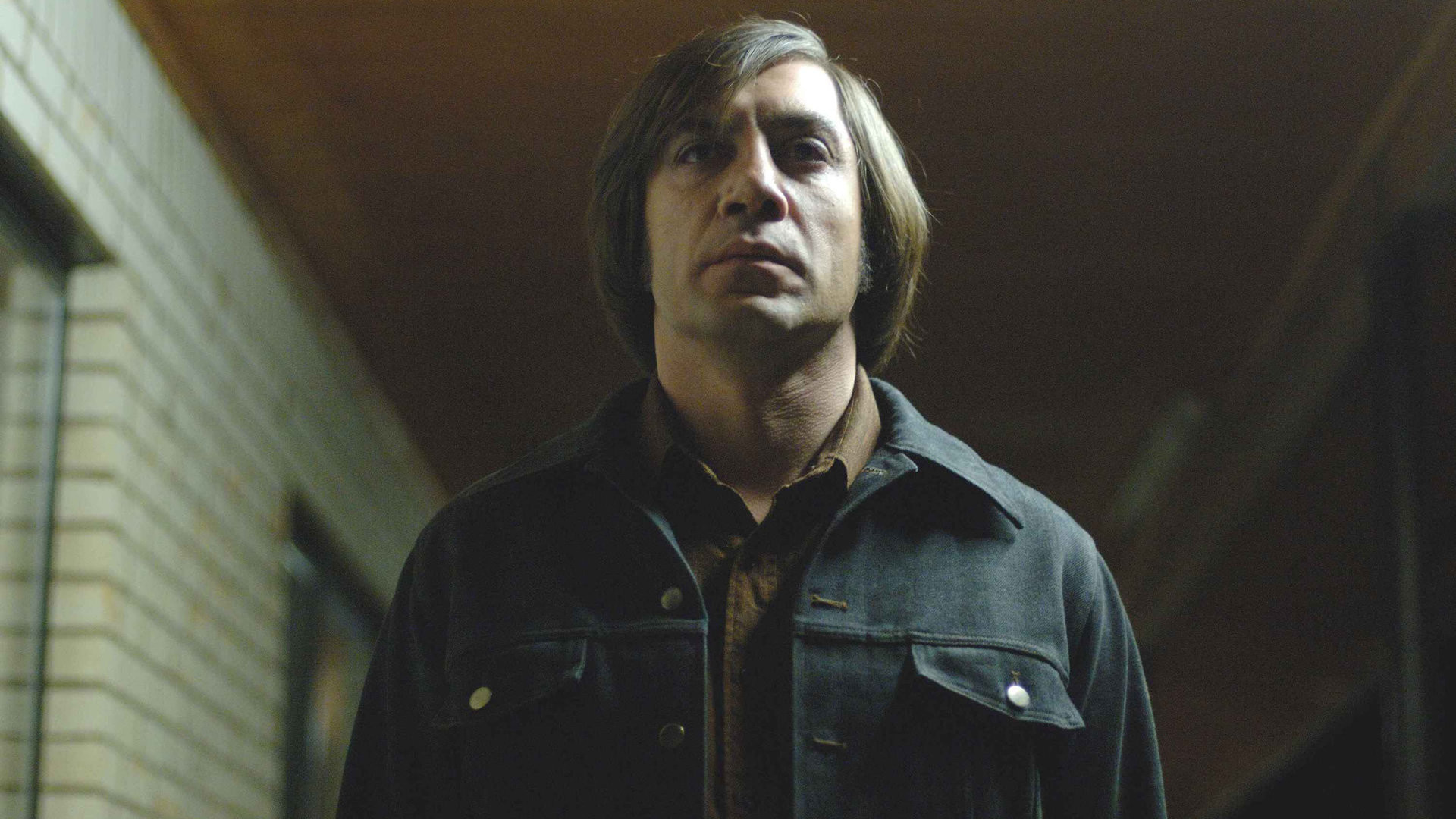Throughout the film the characters progress and adapt to Mac, and begin to rebel against the nurse and the change I saw that really interested me was when they all left the ward for the day. Mac gave the men a chance to get out, get an experience and be happy. Mac represents the hope for these men and acts as a voice, as we see them evolve throughout the film to become more confident.
The ending scene represented a large significance as well as a large point in the film because the men don't see Mac, dead... They see the window, and all react ecstatic to him successfully escaping from the ward. I think it's better off that it ends this way and the men don't know it was Chief because it continues to give the men hope and a confident, admirable trait from the men about Mac, while it gives Chief a chance to start over and have Mac reign in him.
What effect do you think MacMurphy had on the men in the ward?
















































